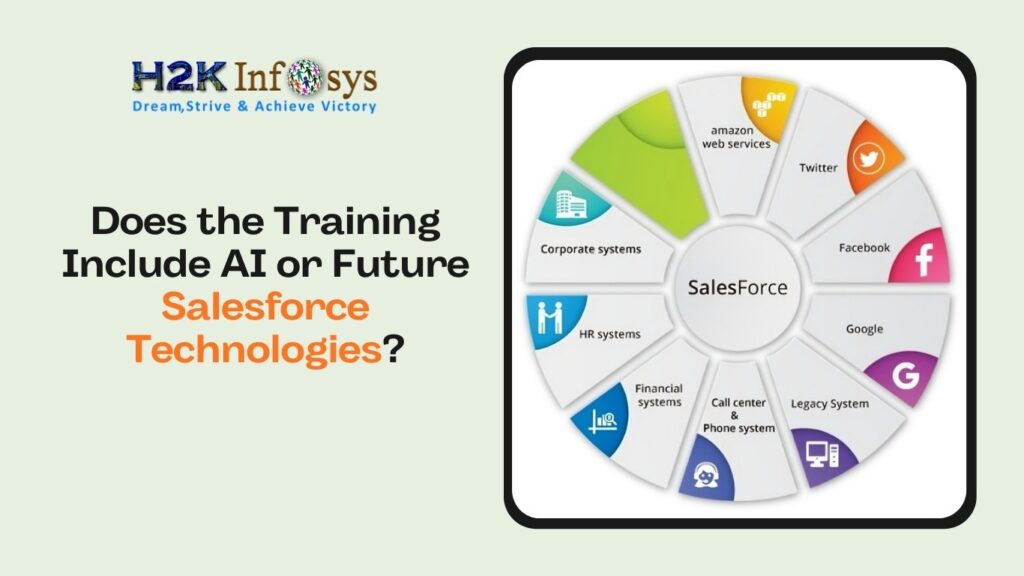Introduction: Choosing the Right Business Analyst Role for Your Career
In today’s data-driven business environment, Business Analyst Roles have become vital across industries. Whether you’re a tech-savvy professional or someone with strong analytical and communication skills, there’s a perfect niche for you. The choice between Technical and Non-Technical Business Analyst Roles defines your career trajectory and growth opportunities.
If you’re planning to upskill through a business analyst course or pursue BA certification, understanding these roles is your first step. Both paths offer exciting prospects but differ in skill sets, responsibilities, and career paths. Let’s explore these roles in detail to help you make an informed decision.
What Are Business Analyst Roles?
Business Analyst Roles involve bridging the gap between business needs and technical solutions. A Business Analyst (BA) works to understand organizational goals, gather requirements, and design strategies that improve efficiency and profitability.
Depending on your background and interests, you can choose from two main types of Business Analyst Roles:
- Technical Business Analyst
- Non-Technical Business Analyst
Both require problem-solving, communication, and analytical thinking, but the tools, methods, and environments differ.
Understanding Technical Business Analyst Roles

A Technical Business Analyst works at the intersection of business strategy and technology. These professionals have a strong understanding of IT systems, software development, and data analysis.
Key Responsibilities
- Translating business requirements into technical specifications.
- Working closely with software developers, QA teams, and database administrators.
- Using tools like SQL, Python, Tableau, or Power BI for data analysis.
- Managing system integrations, API documentation, and data flow design.
- Conducting feasibility studies for new tech-driven initiatives.
Essential Skills
- Technical Proficiency: Knowledge of databases, coding (basic scripting), and cloud tools.
- Analytical Tools Expertise: Experience with tools like Jira, Confluence, and Excel.
- Communication: Ability to explain technical concepts to non-technical stakeholders.
Example Scenario
Imagine a retail company planning to build an online analytics dashboard. A Technical Business Analyst gathers user requirements, defines data sources, collaborates with developers, and ensures the final dashboard meets business needs.
Understanding Non-Technical Business Analyst Roles
A Non-Technical Business Analyst focuses on business processes, communication, and documentation rather than coding or technical systems.
Key Responsibilities
- Gathering, analyzing, and documenting business requirements.
- Conducting stakeholder meetings and workshops.
- Designing business process models and user stories.
- Evaluating workflows to recommend improvements.
- Collaborating with project managers and QA teams to ensure project alignment.
Essential Skills
- Communication: Clear interaction with business users and executives.
- Analytical Thinking: Identifying trends, gaps, and opportunities for business improvement.
- Documentation: Writing BRDs (Business Requirement Documents) and use cases.
Example Scenario
A Non-Technical Business Analyst working in healthcare might gather requirements for a new patient management system, document workflows, and ensure the solution meets compliance standards without writing any code.
Technical vs Non-Technical: A Detailed Comparison
| Aspect | Technical Business Analyst | Non-Technical Business Analyst |
|---|---|---|
| Focus | IT systems, software, and data | Business processes and operations |
| Skills Needed | SQL, Python, APIs, data modeling | Communication, documentation, analysis |
| Tools Used | Tableau, Power BI, JIRA, SQL | Excel, JIRA, Visio, MS Office |
| Common Industries | IT, FinTech, Data Analytics | Healthcare, Retail, Finance, Education |
| Career Growth | Technical Project Manager, Data Analyst | Product Owner, Process Manager, BA Lead |
| Complexity Level | Moderate to high technical depth | Business-oriented and strategic |
Both Business Analyst Roles are equally important in modern enterprises. The choice depends on your strengths and interests.
Factors to Consider Before Choosing Your Path
Choosing between Technical and Non-Technical Business Analyst Roles requires evaluating your skills, goals, and learning preferences. Here are key factors to guide your decision:
1. Your Background
- Technical Background: If you’ve studied computer science, engineering, or data analytics, a technical role might be more suitable.
- Business Background: If you’ve studied management, finance, or communication, the non-technical path could be ideal.
2. Career Aspirations
Ask yourself:
- Do you want to work closely with developers and systems?
- Or do you prefer engaging with stakeholders and optimizing business processes?
3. Learning Goals
If you’re pursuing business analyst training, look for courses that cover both technical and functional areas. This balanced approach helps you stay versatile in changing markets.
The Growing Demand for Both Roles
According to a 2024 report by the U.S. Bureau of Labor Statistics, demand for Business Analyst Roles is projected to grow by 14% through 2032. Organizations increasingly rely on BAs to drive transformation and efficiency.
- Technical Business Analysts are in high demand for data analytics, AI, and automation projects.
- Non-Technical Business Analysts are essential for stakeholder management, process re-engineering, and business strategy.
This demand reflects why enrolling in a business analyst course that covers both dimensions can be a game-changer for your career.
Key Tools Every Business Analyst Should Learn
Regardless of whether you choose a technical or non-technical path, mastering the right tools is crucial.
Technical Tools
- SQL: For data queries and reporting.
- Python: For automation and data analytics.
- Power BI/Tableau: For data visualization.
- JIRA & Confluence: For project tracking.
Non-Technical Tools
- MS Excel: For analysis and reporting.
- Lucidchart/Visio: For process flow diagrams.
- MS Word & PowerPoint: For documentation and presentations.
A comprehensive business analyst training and placement program like H2K Infosys offers hands-on experience with these tools.
Certification and Training: Building a Strong Foundation
Getting a BA certification validates your skills and enhances your employability. A structured business analyst training program teaches both the technical and business aspects, preparing you for diverse industries.
What You’ll Learn in a Business Analyst Course:
- Requirement Elicitation and Analysis
- Business Process Modeling
- Agile and Scrum Frameworks
- Data Analysis Fundamentals
- Real-World Project Experience
At H2K Infosys, learners gain access to real-time projects, expert-led sessions, and job placement assistance. This makes it easier to choose between Technical and Non-Technical Business Analyst Roles confidently.
Real-World Example: How Businesses Use Both Roles Together
Consider a banking project developing a customer loan management system:
- A Technical Business Analyst defines data models, integration points, and system logic.
- A Non-Technical Business Analyst handles user requirements, compliance documentation, and process validation.
Together, they ensure the project meets both technical feasibility and business value. This collaboration highlights why both Business Analyst Roles are indispensable in modern organizations.
Future Trends in Business Analyst Roles
The landscape of Business Analyst Roles continues to evolve with technology. Here’s what the future holds:
- AI and Automation: Technical BAs will leverage AI for predictive analytics and process automation.
- Agile Environments: Non-Technical BAs will play key roles in sprint planning and user story creation.
- Data-Driven Decision Making: Cross-functional BAs will analyze big data to guide business strategies.
- Hybrid Roles: More companies seek professionals skilled in both business and technology, creating hybrid BA positions.
Salary and Career Growth Outlook

According to Glassdoor, Business Analysts in the U.S. earn an average of $85,000 annually, with Technical BAs earning slightly higher due to technical expertise.
- Entry-Level: $60,000–$75,000
- Mid-Level: $80,000–$100,000
- Senior-Level: $110,000+
A solid BA certification can significantly boost your earning potential by proving your competency to employers.
Key Takeaways
- Technical Business Analyst Roles focus on system and data analysis.
- Non-Technical Business Analyst Roles emphasize communication and business processes.
- Both paths require critical thinking, problem-solving, and continuous learning.
- Enrolling in a business analyst course gives you the versatility to move between both roles as your career evolves.
Conclusion: Build a Rewarding Career in Business Analysis
Whether you prefer the technology-driven path of a Technical Business Analyst or the strategic focus of a Non-Technical BA, both roles offer immense career potential.
Gain the right skills, tools, and confidence through H2K Infosys’ business analyst training and placement program.
Enroll today to start your journey toward professional success with industry-recognized BA certification and real-world expertise.


























